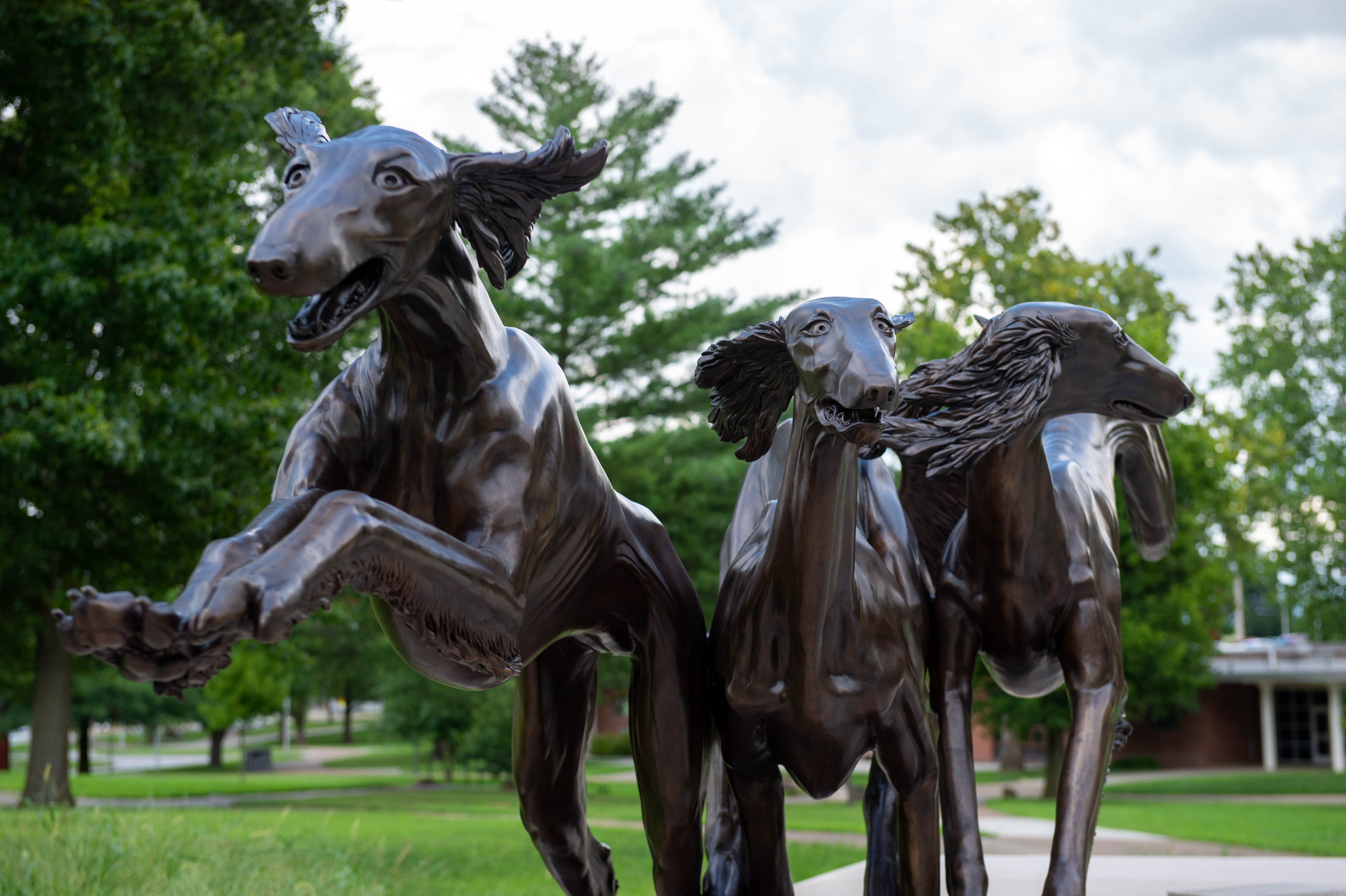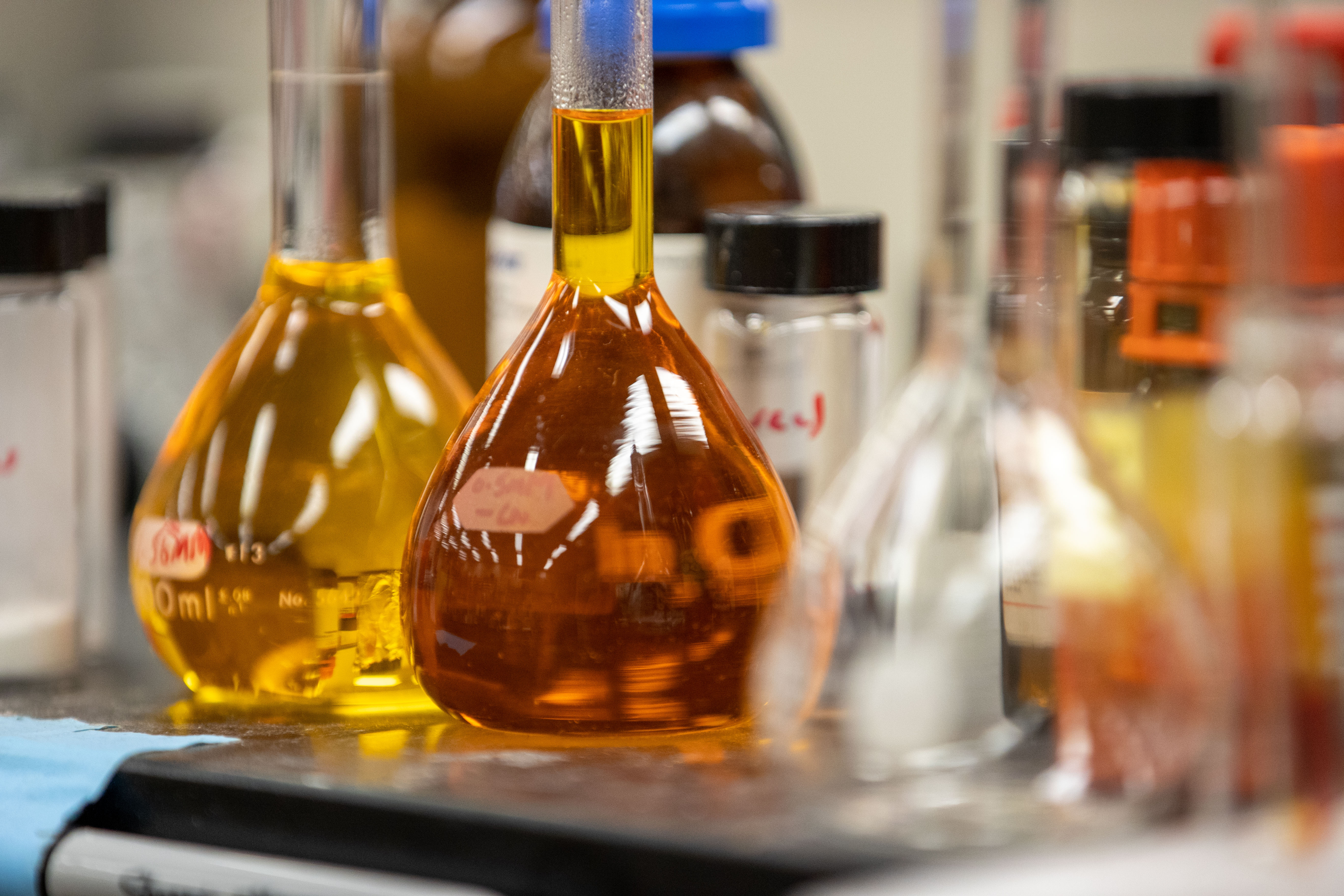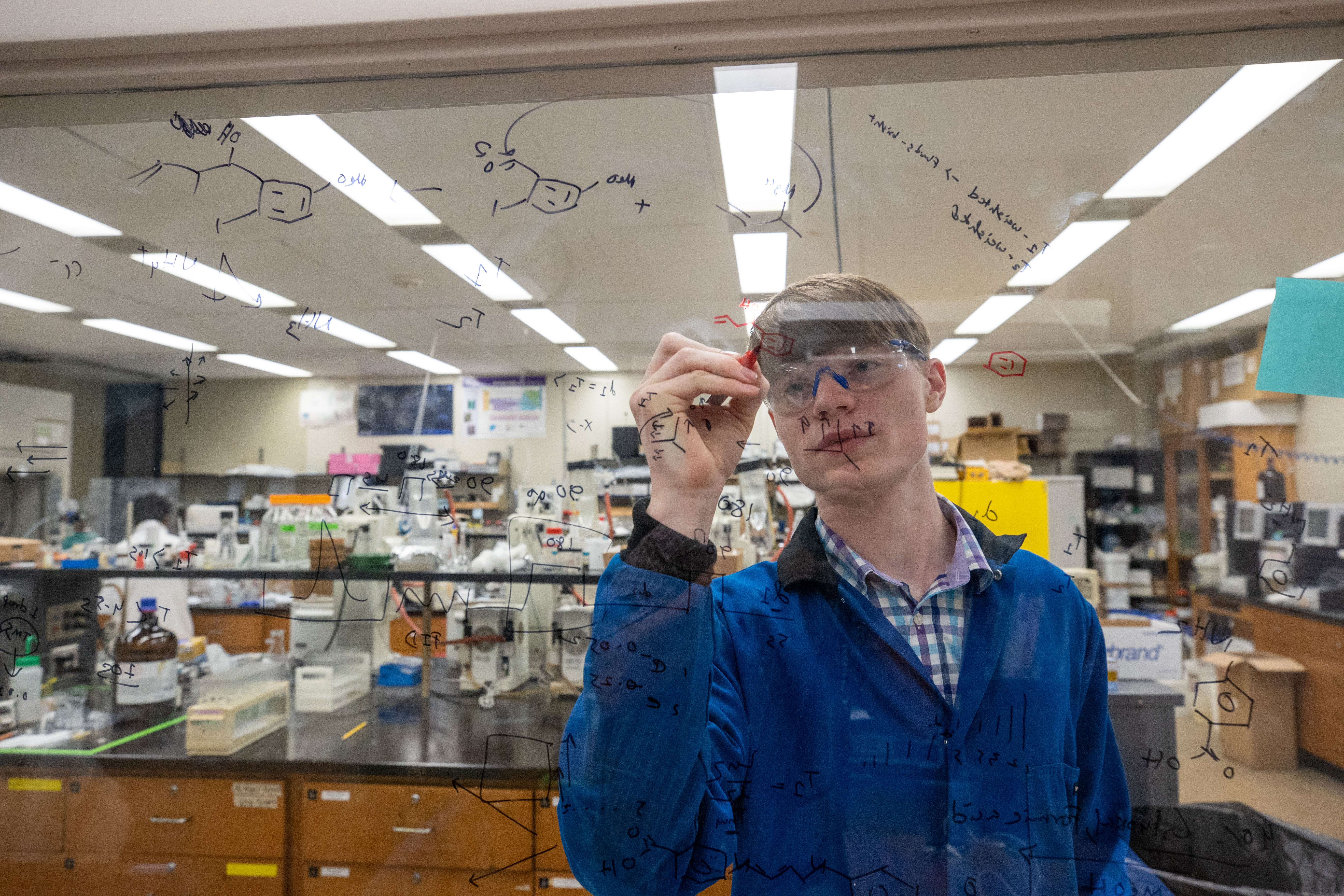Choosing a Major
Aligning Your Passions with Your Major
Successful applicant strategies are not limited to a single road; students can reach their goals by selecting either a science-focused curriculum built for alignment or a non-science path founded on personal passion.

Your Major VS. Your Requirements
The Academic Reality
While you have the freedom to choose your path, you must remain mindful of two non-negotiable factors:
- Required Prerequisites: Regardless of your major, you must satisfy a rigorous set of science requirements, typically involving essential sequences in Biology, Chemistry, and Physics to qualify for admission.
- Science GPA Matters: Admissions committees look closely at your science GPA (in particular; Biology, Chemistry, Physics, and Math). Excellence in your chosen major is vital, but maintaining a high GPA overall and in these core science prerequisites is essential for a competitive application.

Planning Your Timeline & Investment
Choosing a major is a significant decision that dictates both your daily schedule and your long-term financial planning. To stay realistic about your goals, you must analyze how this choice shapes your undergraduate timeline and overall costs.

Let Us Help You Navigate the Path to Your Future.
No matter which major you choose, we will help you navigate your unique path and ensure that your academic choices align with the requirements of your chosen health profession.
Pre-Health Professions Office
- Email:
- health-professions@siu.edu
